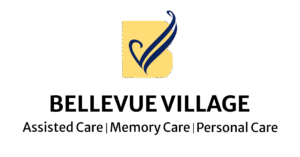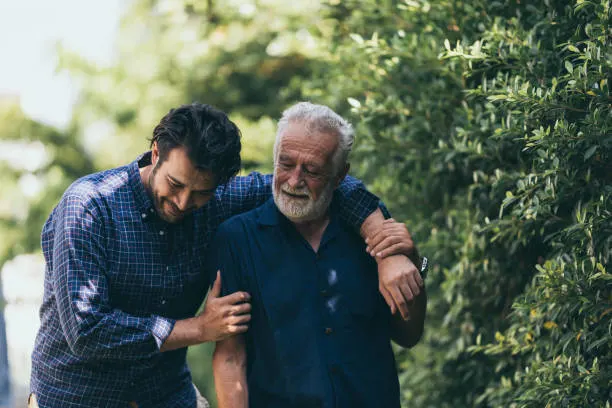Introduction
Caring for elderly family members at home requires patience, empathy, and dedication. As people age, they may face mobility issues, health concerns, and emotional challenges that require thoughtful support. Providing the right care can improve their quality of life and ensure they feel loved and valued.
Many families find that understanding the three phases of aging helps them provide more appropriate care as their loved one’s needs evolve. In this comprehensive guide, we’ll discuss essential ways to care for elderly individuals at home while maintaining their independence and dignity.
Understanding Their Needs
1. Physical Well-being and Medical Attention
Senior citizens typically require regular medical consultations and ongoing health monitoring. Key responsibilities include:
- Schedule regular doctor appointments and maintain a healthcare calendar
- Monitor medications carefully and set up reminder systems for proper timing
- Encourage gentle exercise such as stretching, walking, or safe exercises specifically designed for elderly individuals
- Maintain a balanced diet with proper nutrition and adequate hydration
- Track vital signs and watch for changes in health status
2. Emotional and Psychological Well-being
Aging can bring feelings of depression, anxiety, and loneliness. Emotional support is crucial for mental health:
- Spend quality time together through meaningful conversations and shared activities
- Encourage social interaction with friends, neighbors, and family members
- Provide mental stimulation through books, puzzles, games, or music
- Help maintain connections with friends and family through phone calls or video chats
- Watch for signs of depression or anxiety and seek professional help when needed
3. Safety and Home Adaptations
Creating a safe home environment prevents accidents and enables independence:
- Install grab bars in hallways, bathrooms, and near stairs
- Ensure adequate lighting throughout the home, especially in walkways
- Remove hazards like loose rugs, clutter, and unstable furniture
- Use non-slip mats in bathrooms and other potentially slippery areas
- Consider stair lifts or ramps for homes with multiple levels
4. Personal Care and Hygiene
As mobility decreases, seniors may need assistance with daily personal care:
- Assist with bathing, grooming, and dressing while preserving dignity
- Keep clothing and personal items easily accessible
- Maintain oral hygiene and regular dental care
- Ensure proper skin care to prevent infections or bedsores
- Keep living spaces clean and organized for comfort and health
5. Independence Maintenance
While providing support, it’s essential to help seniors maintain as much independence as possible:
- Provide mobility aids like canes, walkers, or wheelchairs when needed
- Encourage participation in daily living activities they can safely manage
- Modify home layouts to accommodate changing physical needs
- Offer choices in daily routines to maintain a sense of control and dignity
- Adapt activities rather than eliminating them entirely
Local Resources and Support
Families caring for elderly loved ones in Nashville, Woodstock, or along Neese Road have access to various community resources including:
- Local senior centers offering day programs and social activities
- Home healthcare services and medical equipment suppliers
- Transportation services for medical appointments
- Grocery delivery and pharmacy services
- Emergency response systems for added safety
When Professional Care Becomes Necessary
While home care works well for many families, there are times when professional assistance becomes beneficial or necessary. Signs that additional support may be needed include:
- Complex medical needs requiring specialized care
- Caregiver burnout affecting the family’s well-being
- Safety concerns that cannot be adequately addressed at home
- Social isolation despite family efforts
- Cognitive decline requiring specialized memory care
Bellevue Village: Supporting Families Through Every Care Journey
At Bellevue Village, we understand the challenges families face when caring for elderly loved ones. Whether you’re seeking guidance for home care or exploring professional care options, we’re here to support your family’s journey.
Our communities offer comprehensive services including memory care for those with cognitive concerns, personal care assistance, and respite care to give family caregivers much-needed breaks while ensuring their loved ones receive expert attention.
Our trained caregivers provide support with daily living activities, emotional companionship, and regular health monitoring, allowing seniors to feel loved and cared for. Through engaging social programs, safe living environments, and advanced communication technology, Bellevue Village helps families navigate the aging process with confidence and peace of mind.
We serve families throughout the Nashville area, Woodstock, and Neese Road communities, offering flexible care solutions that can complement or transition from home care when families are ready.
Conclusion
Caring for elderly family members at home requires patience, understanding, and careful planning. By focusing on their physical health, safety, emotional well-being, and independence, you can help ensure your loved ones live their golden years to the fullest.
Whether you choose to provide care at home or explore professional communities like Bellevue Village, the goal remains the same: ensuring seniors feel valued, supported, and able to age with dignity and joy. Remember that seeking help when needed is not a failure—it’s a loving act that ensures the best possible care for your cherished family member.





